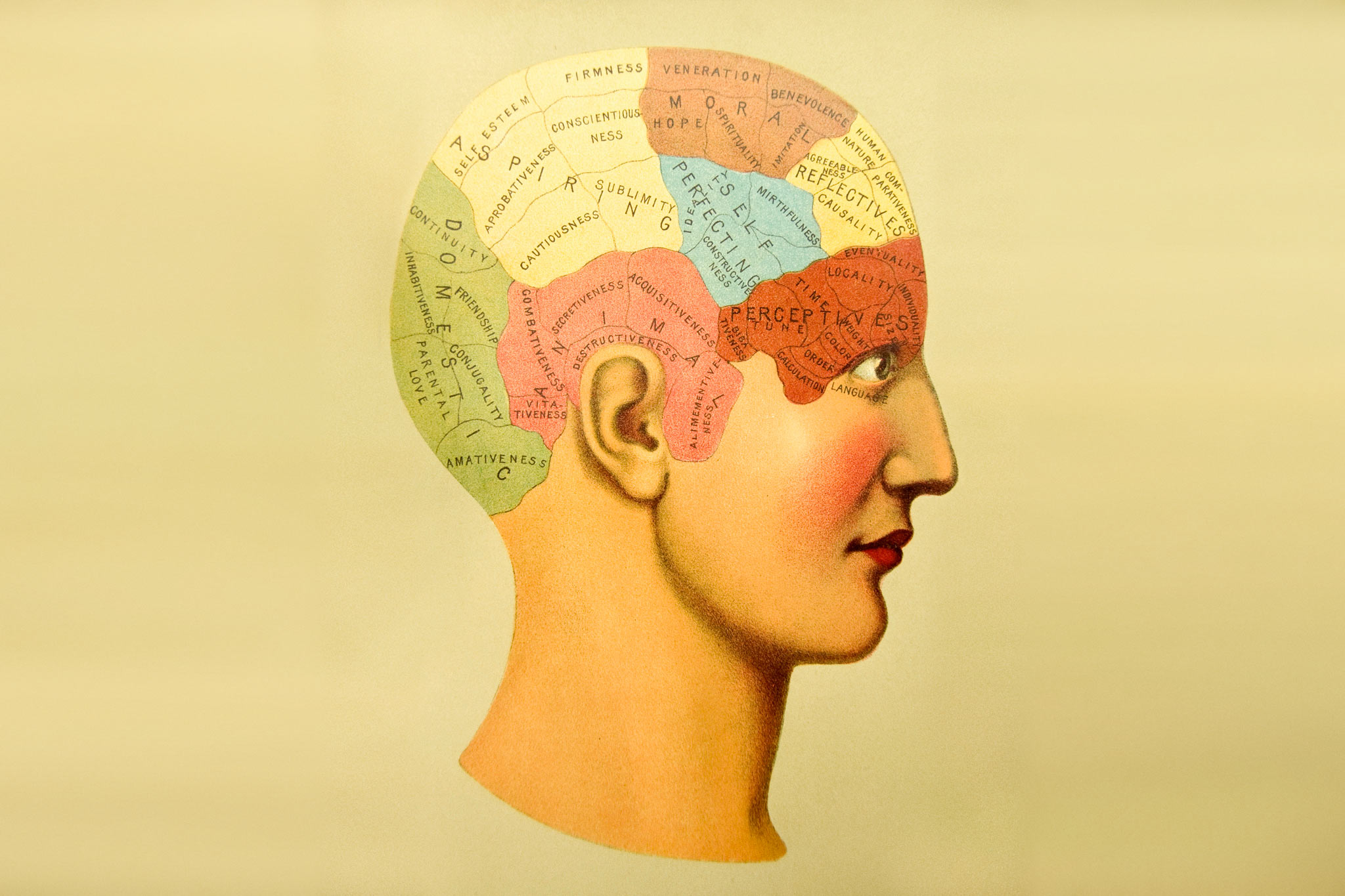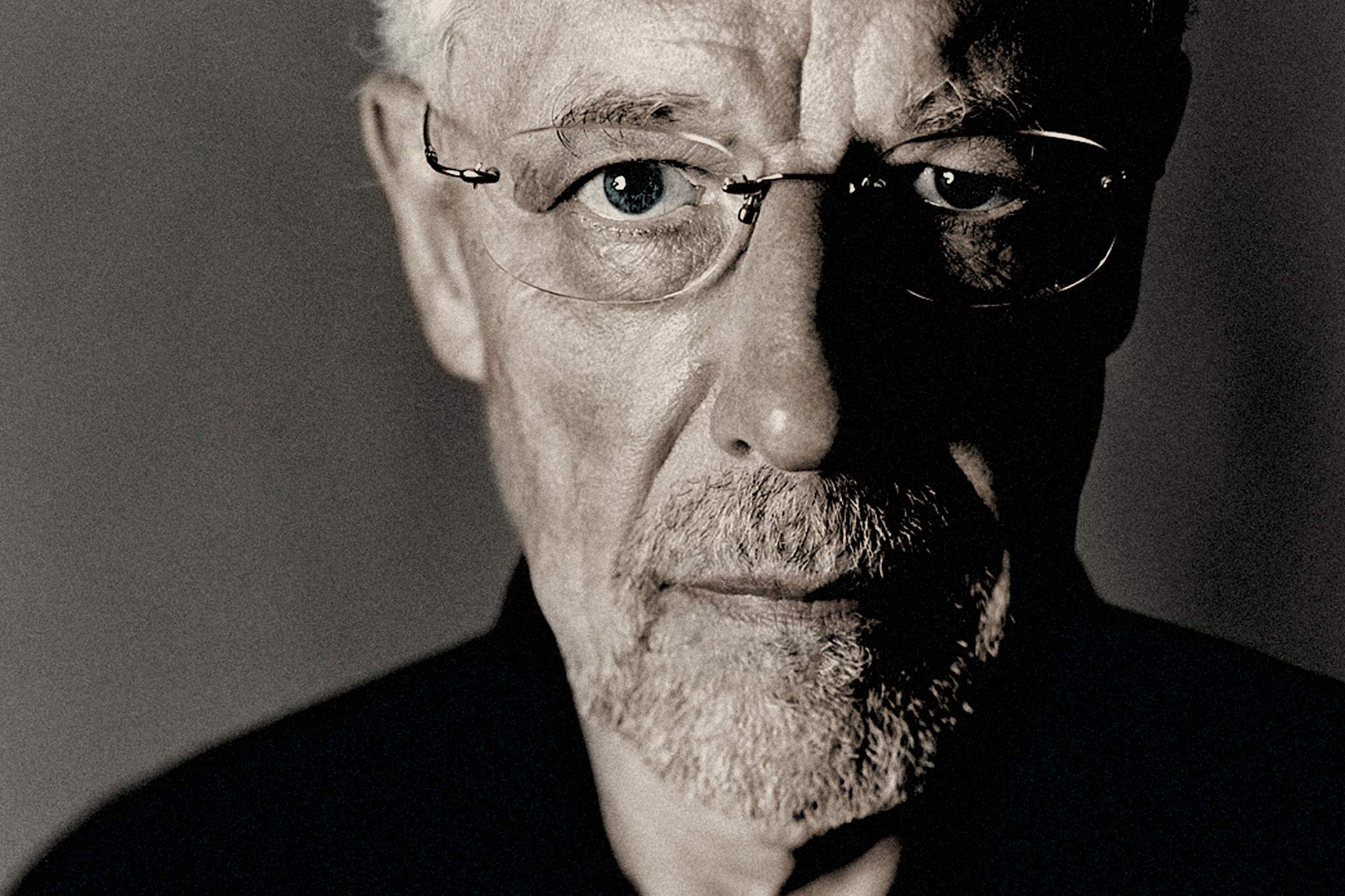In big cities and the media, modern man meets countless other people every day, but – precisely because of this diversity – only as surfaces and fragments. Even the people we know best – family, colleagues, friends and acquaintances – we see only fragments of their lives. These surfaces and fragments that reality presents to our senses, we join together with the help of imagination and experience into wholes with depth, into stories and contexts.”
From the introduction to Surface and Depth by Steen Visholm
Man is an animal that is usually referred to by the species name Homo Sapiens or Modern Man. In evolutionary biology, he arose as a branch of the tree Hominidae, the overall human species, with several different human types along its trunk. The trunk is more than two million years old, but the young branch you and I come from is only about 300,000 years old. So-called modern humans are a young lineage that has gradually evolved over several thousand years. Today’s modern humans have been given a doubling of the word Sapiens; our species is thus called Homo Sapiens Sapiens. Sapiens is Latin and means wise. You and I, therefore, belong to the wise human genus within the modern human species. The term thinking man, or conscious man, is also used in literature. In the light of the past and present history of the progress of Homo Sapiens Sapiens, several questions can be asked: What about consciousness, thinking and wisdom?
Indeed, modern humans have a cognitively developed ability that significantly distinguishes them from other animals. It has made him a fantastic architect and designer of technological innovations in particular, which only a few decades ago were considered pure science fiction, but also of the kind of culture (art, literature, music, theatre) that has profoundly influenced and elevated human existence in a variety of previously unforeseeable, sometimes quite magical, ways. But what about consciousness? And what about the wisdom of thought, and action? The following text provides a brief discussion of these questions.
“Well-founded insights often lead to relatively brutal, sometimes surprising, conclusions”
As animals, we are genetically tethered to the evolutionary patterns of experience and behaviour that are part of our genes. First and foremost, we are herd animals, where our overall social patterns belong to what all hominids prioritise for the best possible biophysical survival as a species. Belonging to a pack has always provided certain guarantees to avoid becoming food for the predators around us. A larger herd is often perceived as a single giant animal by hungry lions or sharks, who prefer hunting any solitary animal that deviates from the herd. Here, we follow the implanted instincts that drive us into the inner circles of belonging without always being aware of it. Together with other like-minded people, we form a We that is reinforced primarily by external attributes (clothes, hairstyles, uniforms, modernised extra expressions such as tattoos and the like) but also by internal emotional echoes that ideally emphasise our special uniqueness with community, history and culture that seem to unite. It is us in our nation, it is us in our particular association, it is us in our club team, and not least, it is us in our historically rooted ethnic group with our religion and our particular connection to the land that belongs to us, and so on. Around all these groupings, we draw different kinds of boundaries: you belong to us, but you do not. Our group’s members are generally more valuable than those in other groups. In some contexts, we resort to an additional argument: The Lord God has given us what belongs to us, and he has not done the same for you.
So, we gather in these circular areas, and we nominate and elect a suitable leader within their frameworks. History shows that leaders of divided nations should preferably act as aggressively charged border guards, that are both able and happy to build up concrete war machines in the form of masses of human troops and dangerously dangerous weapons systems. If any other nation wants to confront any border, it can lead to direct acts of war. Thus, leaders are not always chosen based on the most profound criteria of talent. Sometimes, someone with a criminal background or, indeed, with a mental disorder is perfectly acceptable, as long as they have sufficient charisma to emerge as a powerful symbol of what the majority of the people want to support. It is what the animal man, through his inbuilt instincts, helps to build.
Thus, instincts belong to the human animal as a species. They are powerful, inherited, and rarely subject to contemplation and reflection. Consciousness based on insight is something else entirely. While instincts belong to the species and the group, drives belong to the individual. The drives are the individual’s fuel, and are just waiting to be released as soon as the individual perceives that he is close to an object, living or dead, that is attractive to him. It may be another human being (or animal or plant) or some material object from nature or manufactured by someone. At this point most Homo Sapiens Sapiens become hunters, often fiercely lustful ones. I want to have that, or that. I want to own it, dispose of it. It should be mine, mine, mine, and not someone else’s. Like the instincts, the drives are innate (and often unconscious in their form and character) and usually high-octane, and fuelling human activity. Even the infant is endowed with an intense drift life, with the mother’s breast being among the most attractive objects in most cases (with exceptions).
“Instincts belong to the human animal as a species. They are powerful, inherited, and rarely subject to contemplation and reflection”
The urges do not travel through any rational levels of human consciousness. Instead, they simmer with expectation wherever they are, charged with impulsive and often unpredictable forces. Gradually, however, as the child grows up, these forces come to a head when the socially organised counter-forces set in, mainly through the strict admonitions of parents or other guardians and other educational measures. Between the urges and the oppressive efforts of the environment, there are always numerous conflicting contradictions. This is valid for everyone, with but a few relatively rare exceptions (for example, when neither parents nor others in a child’s environment care about, or are able to cope with, the child’s volcanic eruptions of urges). In typical cases, however, the child will develop a coordinating body between the life of the urges and the surrounding social control, namely the Self. And the Self is given the role of becoming as reasonably smooth an operator as possible of man’s psychic and social being. However, the Self is always under tremendous pressure, not only in the child, or during the wildly hormonal years of adolescence, but also in all adults, as long as they have any natural drives to speak of. It is always consistently exhausting and often leads to countless psychological inner conflicts in everyone. People develop psychological defence mechanisms to mitigate or avoid these inner psychological turbulences if possible. The most common are repression, denial, regression and projecting one’s undesirable qualities onto others. When using these, people lose their awareness of themselves and their often contradictory inner forces. They do not know who they are at all. However, they are usually content to attach their imagined self-image to some idealised and superficial labels that they hope will be accepted by others in their social environment.
The wise person, however, cannot be too shallow in his self-perception. Wisdom requires awareness at a deeper level, which arises through the insights that people gradually have the opportunity to provide themselves with, primarily through analysing and reflecting on conversations with other conscious people. Well-founded insights often lead to relatively brutal, sometimes surprising, conclusions such as the following:
- There is no such thing as a genuinely harmonious and purely happy childhood for the modern man.
- There are no wholly harmonious and conflict-free adults in our everyday social organisations.
- Most modern people hide (even from themselves) their inner psychic lives behind veils of repression, denial and distortion; for example, powerful inner psychic defence mechanisms.
Welcome to the ugly world of insights.

